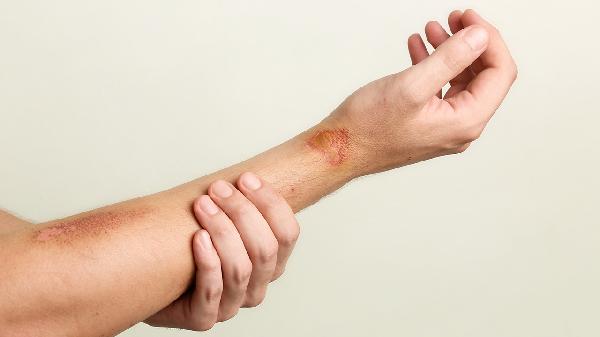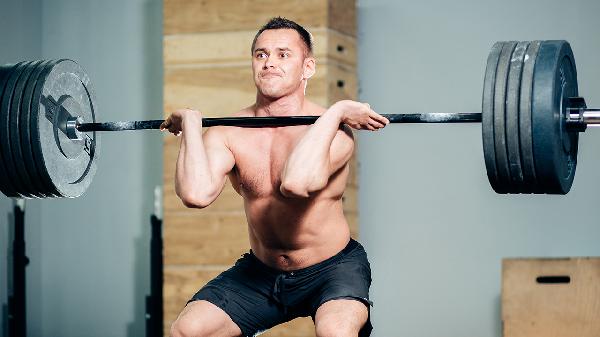If you’ve ever wondered how quickly you lose muscle when you stop working out, the answer might surprise you. While it’s not an overnight process, muscle loss can start creeping in faster than you’d expect—sometimes in as little as two to three weeks. But don’t panic just yet. The rate at which you lose muscle depends on factors like your fitness level, age, and how long you’ve been inactive. Let’s dive into the nitty-gritty of what really happens to your gains when you hit pause on your workouts.

Muscle loss, or muscle atrophy, occurs when your body no longer needs to maintain the muscle mass it’s built. When you’re regularly lifting weights or engaging in resistance training, your body adapts by building and maintaining muscle to handle the stress. But when you stop, your body starts to think, “Hey, why are we holding onto all this extra muscle if we’re not using it?” This leads to a gradual breakdown of muscle tissue. It’s like your body’s way of conserving energy—no use keeping the lights on in a room you’re not using.
For most people, noticeable muscle loss begins after about two to three weeks of inactivity. If you’re a seasoned gym-goer, you might have a bit more leeway—your body tends to hold onto muscle longer because it’s used to the demands of training. But for beginners or those with less muscle mass, the decline can start sooner. After a month or two of inactivity, you could lose up to 30% of your muscle strength. By the three-month mark, the loss becomes more significant, and it can take a lot of effort to regain what you’ve lost.
Not everyone loses muscle at the same rate. Your age plays a big role—older adults tend to lose muscle faster due to natural aging processes like sarcopenia. Your diet also matters. If you’re not eating enough protein or calories, your body may break down muscle tissue for energy. On the flip side, maintaining a balanced diet with adequate protein can help slow the process. Genetics, overall health, and even stress levels can also impact how quickly you lose muscle.
If you’re taking a break from the gym but want to minimize muscle loss, there are a few strategies you can try. First, focus on maintaining some level of physical activity, even if it’s just bodyweight exercises or light resistance training. This sends a signal to your body that it still needs to hold onto muscle. Second, prioritize protein in your diet—it’s the building block of muscle tissue. Lastly, get enough sleep and manage stress, as both can affect your body’s ability to maintain muscle mass.
The good news is that muscle memory is a real thing. When you start working out again, your body can rebuild muscle faster than it took to build it the first time. This is because your muscle cells retain nuclei from previous training, making it easier to regain lost muscle. However, the longer you’ve been inactive, the more time it will take to bounce back. Consistency is key—once you’re back in the groove, you’ll be surprised at how quickly your strength and muscle mass return.
So, while taking a break from the gym might lead to some muscle loss, it’s not the end of the world. With the right strategies, you can minimize the impact and get back to your peak fitness level faster than you think. Just remember, your body is resilient, and those gains are never truly gone—they’re just waiting for you to pick up the weights again.
























